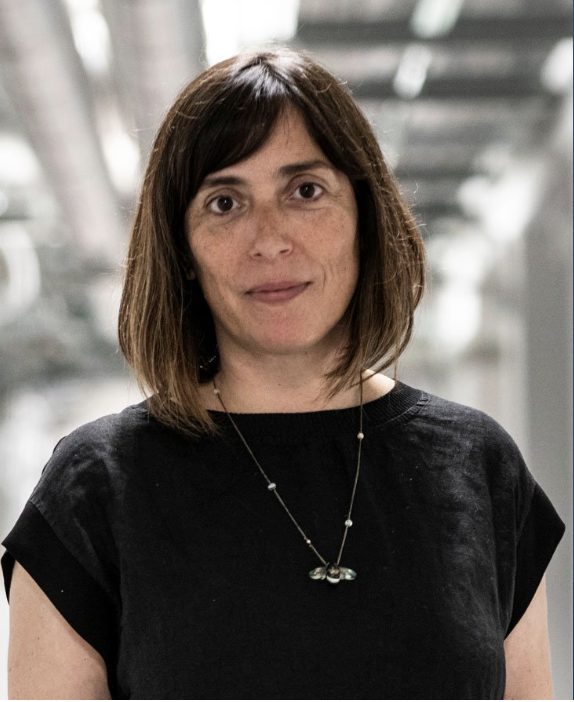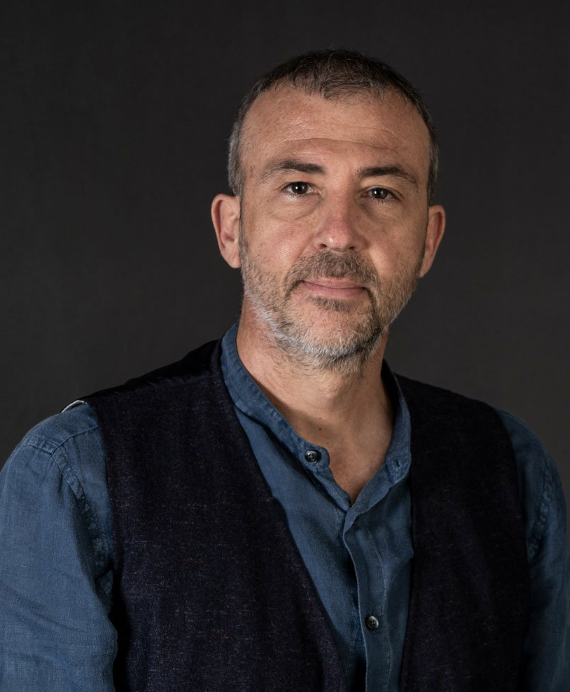
The IPCC has appointed Anna Pirani, Valentina Bosetti, Shouro Dasgupta, Soheil Shayegh, and Massimo Tavoni as lead authors and review editors of the Seventh Assessment Report (AR7), the upcoming comprehensive evaluation of scientific knowledge on climate change.
CMCC is proud to announce that five of its researchers have been selected for this global effort, highlighting CMCC’s continued leadership in climate science and its commitment to providing high-quality, policy-relevant research on the global stage.
Over the next five years, 664 (list of authors) of the world’s leading experts on climate change will help put together the latest and most important scientific evidence for AR7. Among them, CMCC researchers will serve in Working Group II (Impacts, Adaptation and Vulnerability) and Working Group III (Mitigation of Climate Change), advancing knowledge at the frontier of climate impacts and solutions.
Following the Sixth Assessment Report, whose four volumes were released between 2021 and 2023 and described by the UN Secretary-General as a “survival guide for humanity”, AR7 will once again provide the most comprehensive and up-to-date synthesis of climate science. In this process, CMCC continues to play a leading role: its scientists have long contributed as authors and as the IPCC Focal Point for Italy, supporting the scientific community, informing public opinion, and ensuring the widest dissemination of the IPCC’s findings.
The five CMCC authors contributing to this critical IPCC assessment are: Anna Pirani, Lead Author for Chapter 1 of the Working Group (WG) on Impacts, adaptation, and vulnerability; whereas for WGIII Mitigation of climate change, Lead Authors from CMCC include Valentina Bosetti for Chapter 3, Shouro Dasgupta for Chapter 5, Soheil Shayegh for Chapter 15, and Massimo Tavoni as Review Editor of Chapter 7.
Detailed contributions of CMCC authors in IPCC AR7 are below.
Working Group II – Impacts, adaptation and vulnerability
Anna Pirani
Chapter 1: Point of departure, framing, and key concepts
Role: Lead Author
Anna Pirani is a senior scientist as CMCC and the Director of CMCC’s research program titled “Predicting socio-economic outcomes in a changing climate” with expertise in climate modeling and international climate policy coordination. She previously led the Working Group I Technical Support Unit for the IPCC AR6 and will play a critical role in framing the scientific narrative on global climate impacts and responses for AR7.
Working Group III – Mitigation of climate change

Valentina Bosetti
Chapter 3: Projected futures in the context of sustainable development and climate change
Role: Lead Author
Valentina Bosetti is a senior scientist at CMCC and full professor at the Economics Department of Bocconi University, where she teaches Environmental and Climate Change Economics. Bosetti was an author of the Fifth and Sixth Assessment Reports, and her chapter for AR7 will address future climate and development pathways.

Shouro Dasgupta
Chapter 5: Enablers and barriers
Role: Lead Author
Shouro Dasgupta is an environmental economist at CMCC where he specializes in the socioeconomic dimensions of climate change, vulnerability, and adaptation. His work informs pathways that enhance climate resilience, particularly in low- and middle-income countries.

Massimo Tavoni
Chapter 7: Finance
Role: Review Editor
Massimo Tavoni is the Director of CMCC’s European Institute on Economics and the Environment (EIEE) and a globally recognized expert in climate policy, integrated assessment modeling, and sustainable finance. Following his experience as a lead author of the IPCC Firth and Sixth Assessment Reports, for AR7 he will focus on the crucial role of finance in enabling effective climate mitigation. tavoni is full Professor at the School of Management of Politecnico di Milano.

Soheil Shayegh
Chapter 15: Potentials, limits, and risks of carbon dioxide removal (CDR)
Role: Lead Author
Soheil Shayegh is the director of CMCC’s Integrating planetary biogeochemical and industrial carbon cycle research program working on sustainable technologies and climate risk with a focus on the interaction between human systems and their environment. His research on economic models to evaluate climate change impacts and their relevant policies plays a central role in designing and assessing long-term mitigation strategies that include carbon dioxide removal (CDR) and negative emissions technologies, which will be the focus of his contributions to AR7.
Understanding the IPCC Working Groups
- Working Group I (WGI) examines the physical science underpinning past, present, and future climate change.
- Working Group II (WGII) focuses on the impacts of climate change on ecosystems and human systems, and strategies for adaptation.
- Working Group III (WGIII) evaluates methods for mitigating climate change, including technological, economic, and policy-based approaches.
The Seventh Assessment Report (AR7), scheduled for release by the end of the decade, will serve as the most comprehensive scientific evaluation of climate change to date, informing national and international climate action.
CMCC’s role in global climate science
CMCC’s broad participation in AR7 reflects its commitment to interdisciplinary excellence and science-based policymaking. From financial architecture to future climate scenarios and carbon removal, CMCC researchers are at the forefront of tackling the most pressing climate challenges.
IPCC Focal Point for Italy
Each IPCC member government has a National Focal Point that has been identified by the relevant authorities in the country. IPCC National Focal Points prepare and update the list of national experts to help implement the IPCC work program.
The National IPCC Focal Point acts as a bridge between the IPCC, the scientific community, and the general public by participating in plenary sessions and IPCC meetings, representing the IPCC in its own country, and carrying out communication and outreach activities related to IPCC initiatives.
CMCC has been the IPCC Focal Point for Italy since 2015. For more information, news and updates join the IPCC Focal Point for Italy Newsletter here.


